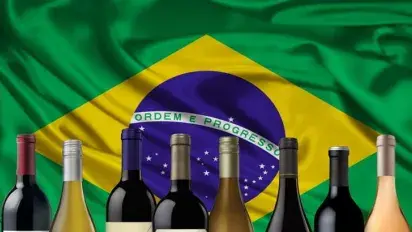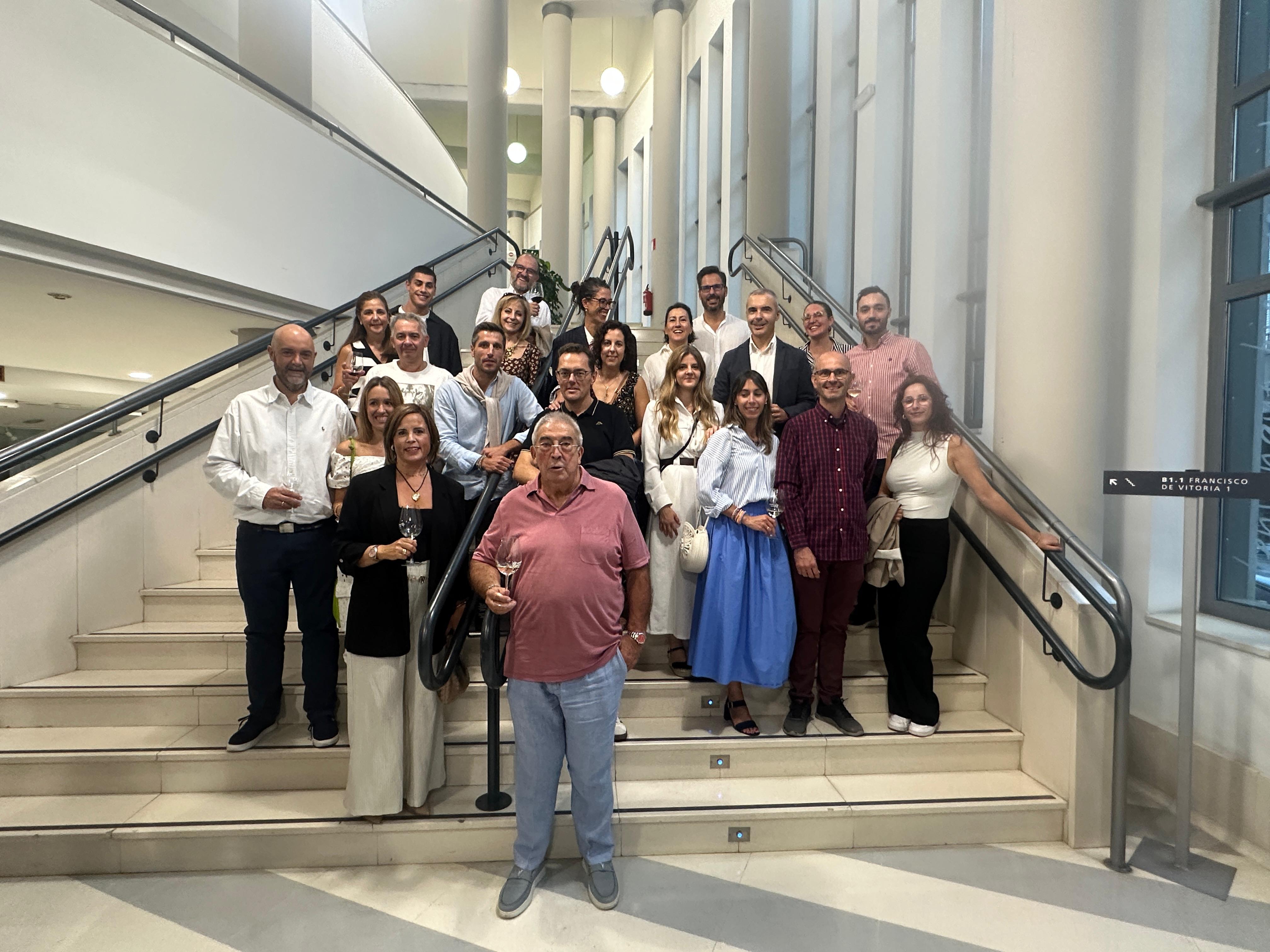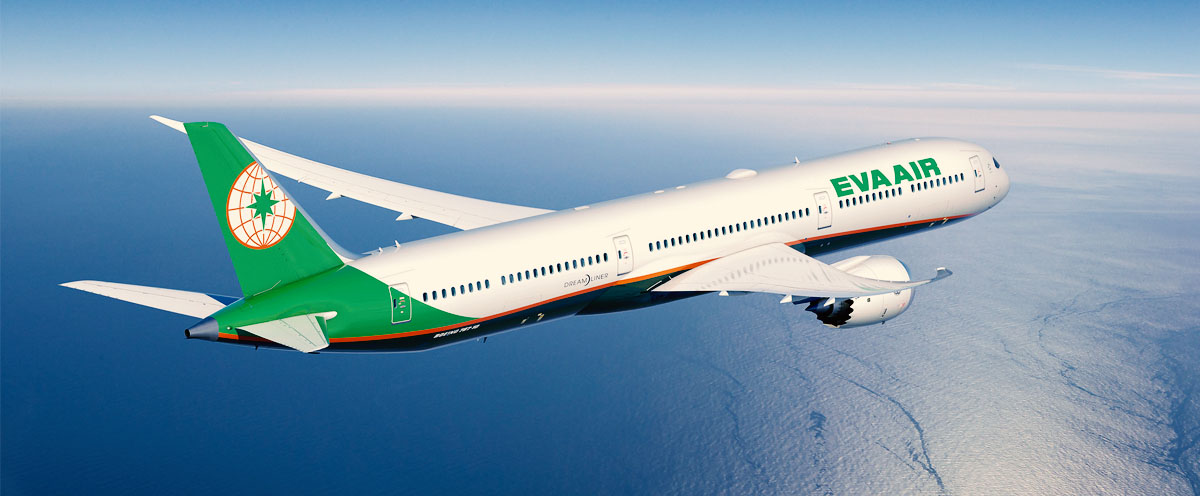How does wine, and particularly Spanish wine, performs in this pretty unknown emerging market? We asked our friends of WineBrands importing company and this is what they've answered (Many thanks to them!).
How are the Brazilian wine consumers?
The average Brazilian wine consumer is typically a new consumer to wine. It is not in our day-to-day culture to drink wine every day. They have around 25/60 years, up to dated person, working, likes to enjoy wines in different ways, such as with friends and family, at home or at a restaurant, in special moments, to celebrate, and also in wine tastings, to learn more.
Which wines do they prefer nowadays? How have their taste changed over the last years?
It's difficult to say exactly, but they would prefer reds to whites, sparkling when to celebrate or in parties. Over the last 10 years, for instance, the Brazilian consumer evolved a lot, the people are more eager to know better the wines, the regions, the types, so in consequence to that, their taste is more refined and well educated. Brazil produce a lot of wine, but mostly table wines, in the countryside people are still drinking that kind of wines. The consumption of imported wines is constantly growing, starting on those less expensive (with prices close to those table wines produced here). The imports show that over to 80% of the consumption comes from Chile, Portugal, Argentina, Italy and France. Argentina use to be the second, right after Chile, but Portugal is growing a lot. Spain is also growing, but still represents less than 10% of the market share.
When are Brazilian people having wine? When is their preferred time to drink?
At restaurants, at home. They drink in different occasions, but mostly to have a good time (lunch, dinner) together with family and friends, or to celebrate some special occasion.
Which are the major trends nowadays?
Red wines still the first choice, followed by sparkling (cheap and/or national sparkling). The consumption of rosé is growing, mostly cheap Provence and other French rosés. Uncomplicated wines, trendy labels, low prices.
What is selling best at retail and restaurants?
It is a combination of traditional and moderns/trendy wines, but both with low princes (average prices at the wine list around R$70,00 to R$130,00 what means wines with around USD1,50/USD3,00 FOB prices).
 São Paulo skyline
São Paulo skyline
Is there any differences in the way people have wine in the different areas of the country? For example: how does São Paulo differ from Rio de Janeiro in terms of wine preferences?
There are no big differences. The most important markets (São Paulo, Rio de Janeiro, Brasilia and Belo Horizonte (that together represent around 70/80% of the market share) have the same habits of consume. What could differ a bit is at the northeast of Brazil, that despite of the hot climate, they prefer heavy bodied wines.
How is Spanish wine performing in Brazil? How is Rioja wine performing?
Spanish wines imports have grown around 12% in volume (since June 2017). I don't have the info by region, but traditional wine regions such as Rioja and Ribera have always their space.
Where is wine consumption in restaurants and homes heading to?
Independently of the place where people consume wines, the consume is evolving as I mentioned before. One difference is that when people buy a bottle at a wine shop, they don't have to pay the margin of the wine list at a restaurant (that use to be around 100 to 200% - even more), so they tend to spend a bit more per bottle, consequently, they could drink better (more expensive) wines at home.
Please, write the names of some restaurants and bars where people can find good wines in Brazil.
There is a huge list of restaurants in Brazil where you can find good wines: Rubaiyat (SP), Nino Cucina (SP), Da Marino (SP), Rascal (SP), Ellla (RJ), L'Artigiano (RJ), Gero (RJ), Puro (RJ), Don Francisco (Brasilia), Rosário (Brasília), Durski (Curtiba), Ostradamus (Florianópolis), Bar Chefe (Recife), O Leite (Recife), Boi Preto (Bahia), Amado Restaurante (Bahia), Gluton (Belo Horizonte), Nicolau (Belo Horizonte)"
You may also be interested in:




